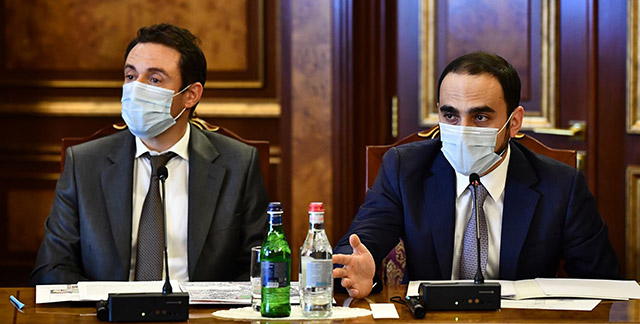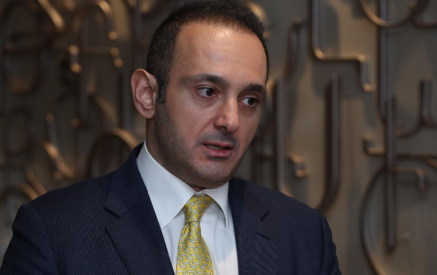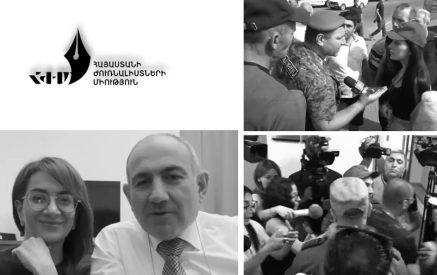It is already known that Tigran Avinyan will be the next mayor of Yerevan. The representative of the ruling party announced yesterday that the Civil Contract deputy candidate in the elections to the city council of the capital is the former Deputy Prime Minister. The Civil Contract will not have a problem in this election. It is predictable how the election campaign will go.
Those who oppose the CC will be described as “thieves-robbers” who have robbed Yerevan for thirty years, and this propaganda thesis will be convincing for at least half of the people of Yerevan. Those who will bravely and irreconcilably fight against the “robbers” who have long since left the arena in order to seduce the voters and Pashinyan will be perceived as a CC-bar and will not succeed again. Thus, no serious competition is expected.
Tigran Avinyan is a new generation, so to speak, economic and political figure. In the last parliamentary elections, he did not enter the CC list as a sign of protest that Khachatur Sukiasyan appeared in that list. At that stage, Pashinyan preferred the old and experienced businessman to the representative of the “post-revolutionary wave” of the oligarchy. But in the following months, those “slight contradictions” were resolved, and Avinyan no longer had any problems with the Prime Minister.
It is difficult to say what kind of mayor he will be. I am in favor of an imperative mandate in the case of local self-government. It means the following: for example, the mayoral candidate promises that he will complete the construction of the Ajapnyak metro station in a year. If it does not happen in a year, he resigns. It is clear that Avinyan will make such a promise, but without specifying a date. And he will remain in office, regardless of whether the station is built or not. As there is no imperative mandate, as long as the mayor always has the opportunity to say “we are looking for investors,” “we are developing programs,” etc., there are no objective criteria for evaluating the work of the mayor.
Read also
Personally, I expect from the mayor of Yerevan that no “bus of despair” will remain in the capital. I also want to remind you how Hayk Marutyan “fell.” In fact, during his last PR campaign, he was photographed on a newly received bus and promised that there would be a single card for all types of public transport, and in the future the people of Yerevan will be able to use the bank card for the same purpose. For some reason, the plot angered the Prime Minister, after which an article appeared in which Marutyan was accused of having suspicious connections with the former authorities.
But these are purely political passions. In practice, not only did we not receive these unified cards, but the cards we used to use only for the subway are no longer recharged.
Aram Abrahamyan





















































